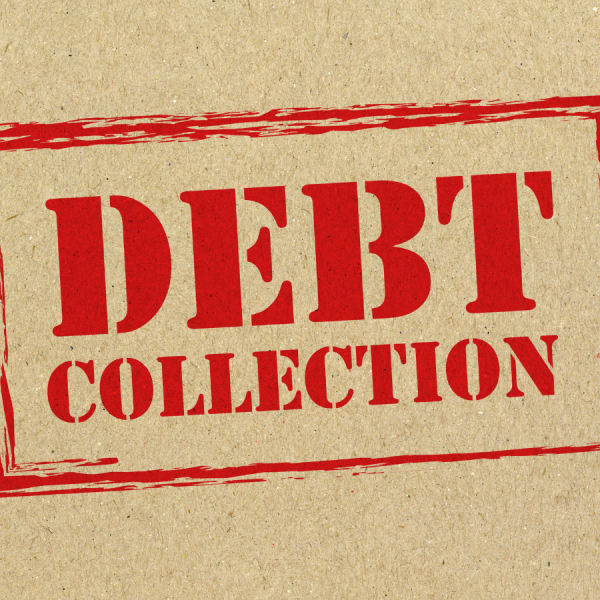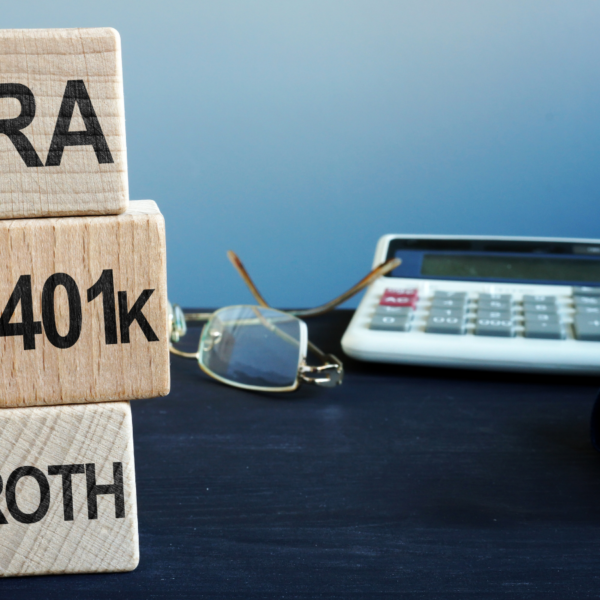Bankruptcy can be a daunting but sometimes necessary step towards financial recovery for individuals and businesses alike. Understanding the differences between Chapter 11 and Chapter 13 bankruptcy is crucial in determining which option suits your specific financial situation best. Here’s a comprehensive guide to help you navigate the decision-making process:
Chapter 11 Bankruptcy
Overview:
Chapter 11 bankruptcy is primarily designed for businesses, but individuals with significant assets or debts exceeding Chapter 13 limits may also file under this chapter. It allows for reorganization of debts and the creation of a plan to repay creditors over time.
When to Consider Chapter 11:
Business Reorganization: If you own a business and need to restructure debts while continuing operations, Chapter 11 provides a framework for reorganization. This allows you to renegotiate contracts, leases, and other financial obligations to improve profitability.
High Debt or Asset Levels: Individuals with debts exceeding Chapter 13 limits (currently $419,275 in unsecured debts and $1,257,850 in secured debts as of 2024) or significant assets may opt for Chapter 11 to protect assets while restructuring debts.
Complex Financial Situations: Chapter 11 offers flexibility in addressing complex financial issues that may not fit within the constraints of Chapter 13. It allows for more extensive debt restructuring and negotiation with creditors.
Debt Repayment Plan: Under Chapter 11, you propose a reorganization plan outlining how you will repay creditors over time. This plan requires court approval and typically spans several years, allowing for more manageable debt repayment.
Chapter 13 Bankruptcy
Overview:
Chapter 13 bankruptcy, also known as a wage earner’s plan, is designed for individuals with regular income who can repay a portion of their debts through a structured repayment plan. It does not involve liquidation of assets.
When to Consider Chapter 13:
Regular Income: If you have a steady income and want to repay debts over time while retaining assets, Chapter 13 may be suitable. It allows you to consolidate debts into a single monthly payment based on your income and expenses.
Home Foreclosure Prevention: Chapter 13 can halt foreclosure proceedings and provide an opportunity to catch up on missed mortgage payments through the repayment plan, allowing you to keep your home.
Debt Consolidation: If you have regular income but struggle to manage multiple debts, Chapter 13 consolidates debts into a manageable repayment plan, often at reduced interest rates, without the need to liquidate assets.
Lower Debt Thresholds: Individuals with debts within Chapter 13 limits (as mentioned earlier) and who meet income requirements may choose this chapter for debt relief while preserving assets.
Considerations Before Filing:
Legal Counsel: Consult with a qualified bankruptcy attorney to evaluate your financial situation, explore available options, and determine which chapter aligns with your goals and circumstances.
Impact on Credit: Understand the long-term effects of bankruptcy on your credit score and future borrowing capabilities. Chapter 11 and Chapter 13 bankruptcies remain on your credit report for several years, but you can begin rebuilding credit immediately after discharge.
Repayment Capacity: Assess your ability to adhere to a court-approved repayment plan under Chapter 11 or Chapter 13. Ensure you can sustain regular payments to creditors while managing living expenses and other financial obligations.
Conclusion:
Choosing between Chapter 11 and Chapter 13 bankruptcy depends on your specific financial circumstances, including income, debts, assets, and long-term financial goals. Each chapter offers distinct advantages and considerations, whether you are a business owner seeking debt restructuring or an individual looking to manage debts while protecting assets. By seeking professional guidance and understanding the implications of each option, you can make an informed decision to achieve financial stability and pave the way for a fresh start.






Recent Comments